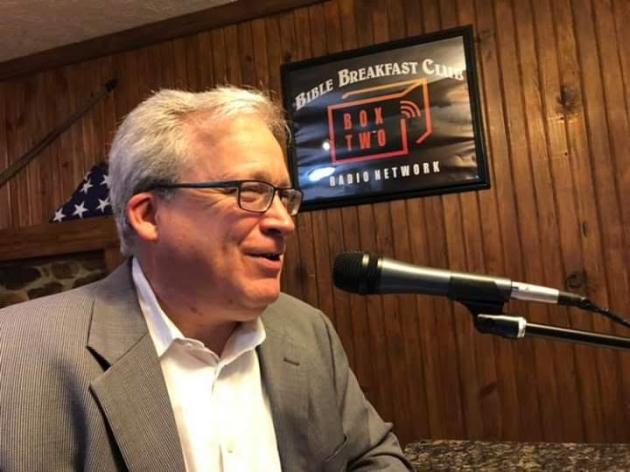Jim Waters: Know much about Black history?
It’s Black History Month.
Over the next few weeks, our nation will recognize struggles and contributions of Black Americans, whose history – unlike that of any other race – is one of enslavement and severe discrimination.
Throughout February, you can read about some of those contributions and great Black Americans who made them on the Bluegrass Institute Policy Blog.
George Washington Carver, for example, rose from the slavery into which he was born and the South’s post-Civil War impoverishment to become a celebrated scientist and educator.
Getting a stellar education was a top priority for Carver, the first Black to attend what’s now Iowa State, where he earned a Master of Science degree. He's also the first of his race to become a member of that school’s faculty.
Carver took that degree and went to the famous Tuskegee University and headed the school’s agricultural department for many years, where his research resulted in providing American farmers with more modern farming techniques.
He also laid the foundation for a prosperous South by moving it away from an over-dependence on cotton – the farming of which depleted the soil of nutrients – and developing crop-rotation methods using peanuts, sweet potatoes and soybeans to replenish farmland.
Markets for peanuts and sweet potatoes were initially weak. So, Carver researched how they could be used as raw materials for many useful products like flour, ink, dyes and plastic.
The peanut, which wasn’t even considered an American cash crop when Carver received his master’s degree in 1896, became one of the nation’s six leading crops by the start of World War II.
Yet while many considered Carver the most renowned Black scientist of the early 20th century, there’s no guarantee Kentucky students will learn about his inspiring life story and earth-shattering discoveries.
Neither the current Kentucky Academic Standards for Social Studies nor a draft of its proposed replacement even mention him.
Buried next to Carver on Tuskegee’s grounds is Booker Washington, who, though he spent the first nine years of his life as a slave, went on to become Tuskegee’s first president and one of the nation’s primary advocates for racial equality.
Some in the intellectual Black community would later criticize Washington because he advocated for Blacks concentrating on developing skills, claiming those were more important than pursuing a higher education and full and equal political impact.
It was a controversial position, one which W.E.B. Du Bois, another prominent Black, claimed represented an “old attitude of adjustment and submission.” Du Bois criticized Washington for being just an advocate instead of a warrior for racial equality.
But there’s a lesson here that, if our history teachers would include it, would be helpful toward understanding and easing racial tensions.
Washington’s cautious approach enabled Blacks to leave plantations, hold jobs and make a living – the right approach for that time, but which also laid the groundwork for future equality.
By the time Du Bois came along, his message had become right for that time and beyond: if you’re not willing to fight for freedom, you’re not going to get it.
An objective consideration must admit both men were relevant for their times.
Washington and Du Bois were not only well-educated but both were influential, understanding their contemporary environments and courageously leading the nation to progress.
Fortunately, by voting last year to require students study papers by both men as part of the state’s social studies’ standards, Kentucky’s legislature confirms it’s understanding that both men’s perspectives have played a key role in America’s racial progress.
Allow me a modern analogy. Calling out the National Guard so Blacks can attend public schools was a past day’s issue du jour.
Ensuring Black students today receive equality of educational excellence in those classrooms to which they were once denied entrance and unfettered freedom to attend school elsewhere if they don't is now the issue and an important factor in Kentucky’s own evolving narrative of liberty.
On that, Washington, Carver and Du Bois would most certainly agree.
-----
Jim Waters is president and CEO of the Bluegrass Institute for Public Policy Solutions, Kentucky’s free-market think tank. Read previous columns at www.bipps.org. Reach him at [email protected] and
@bipps on Twitter.


























